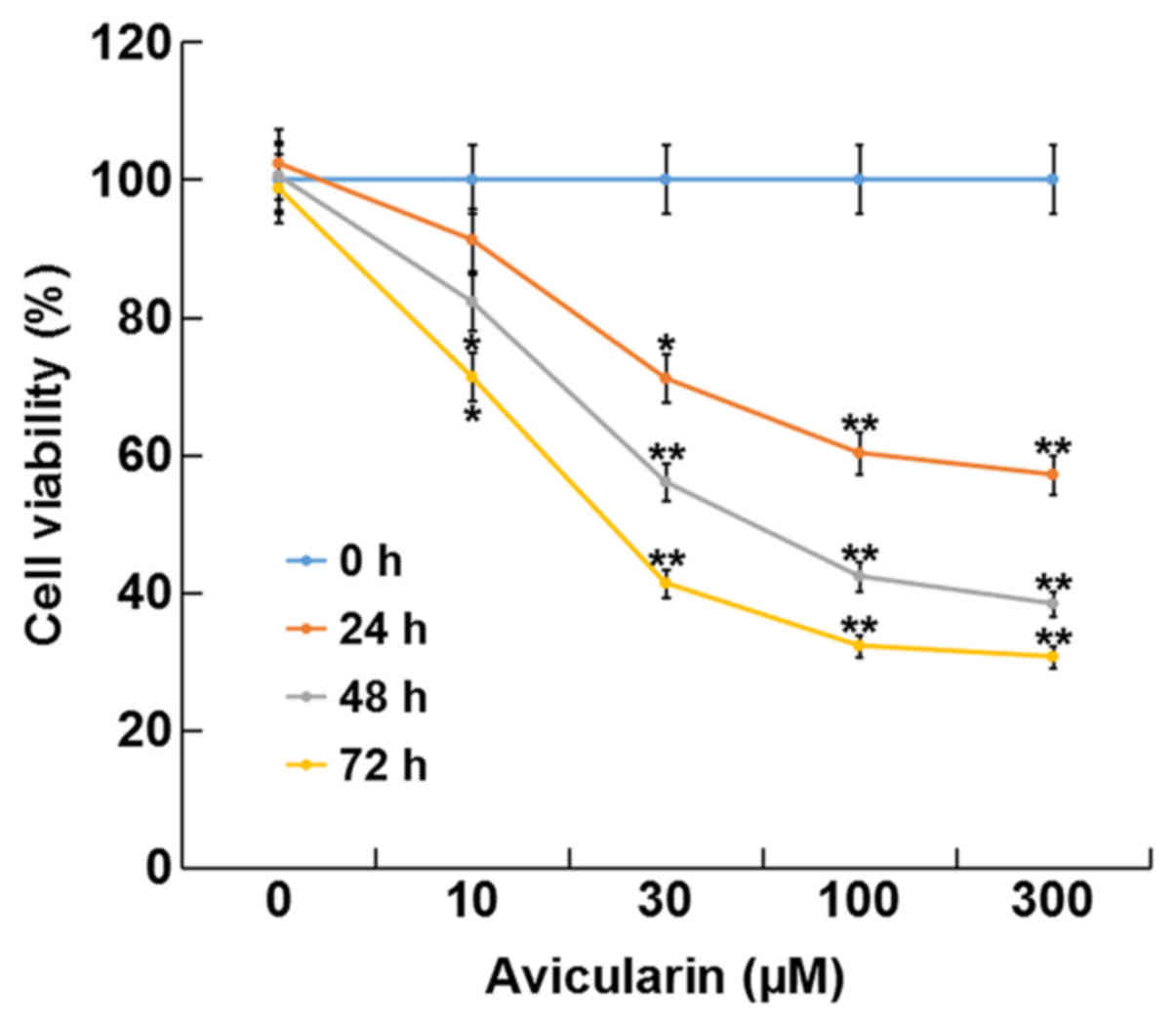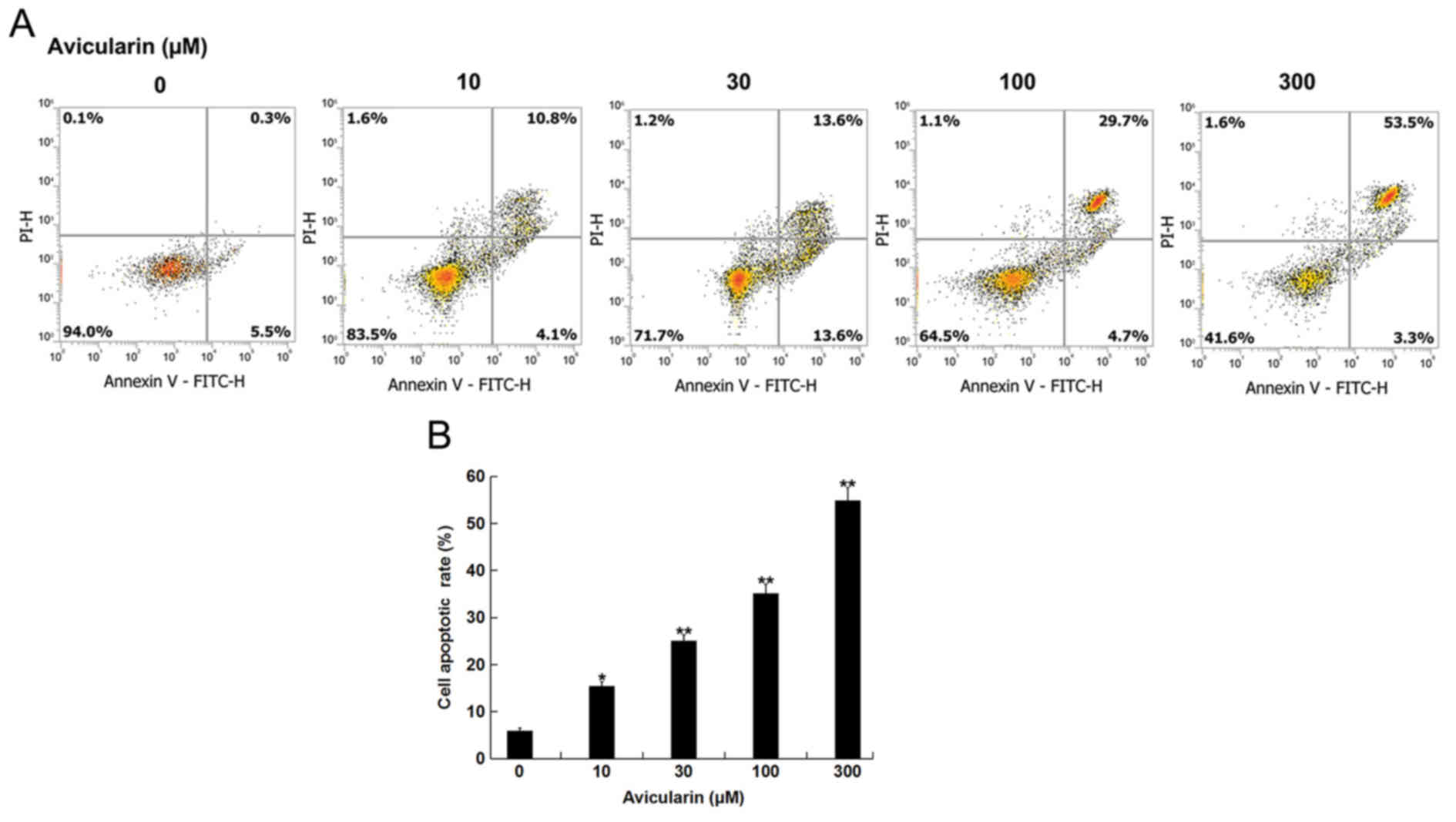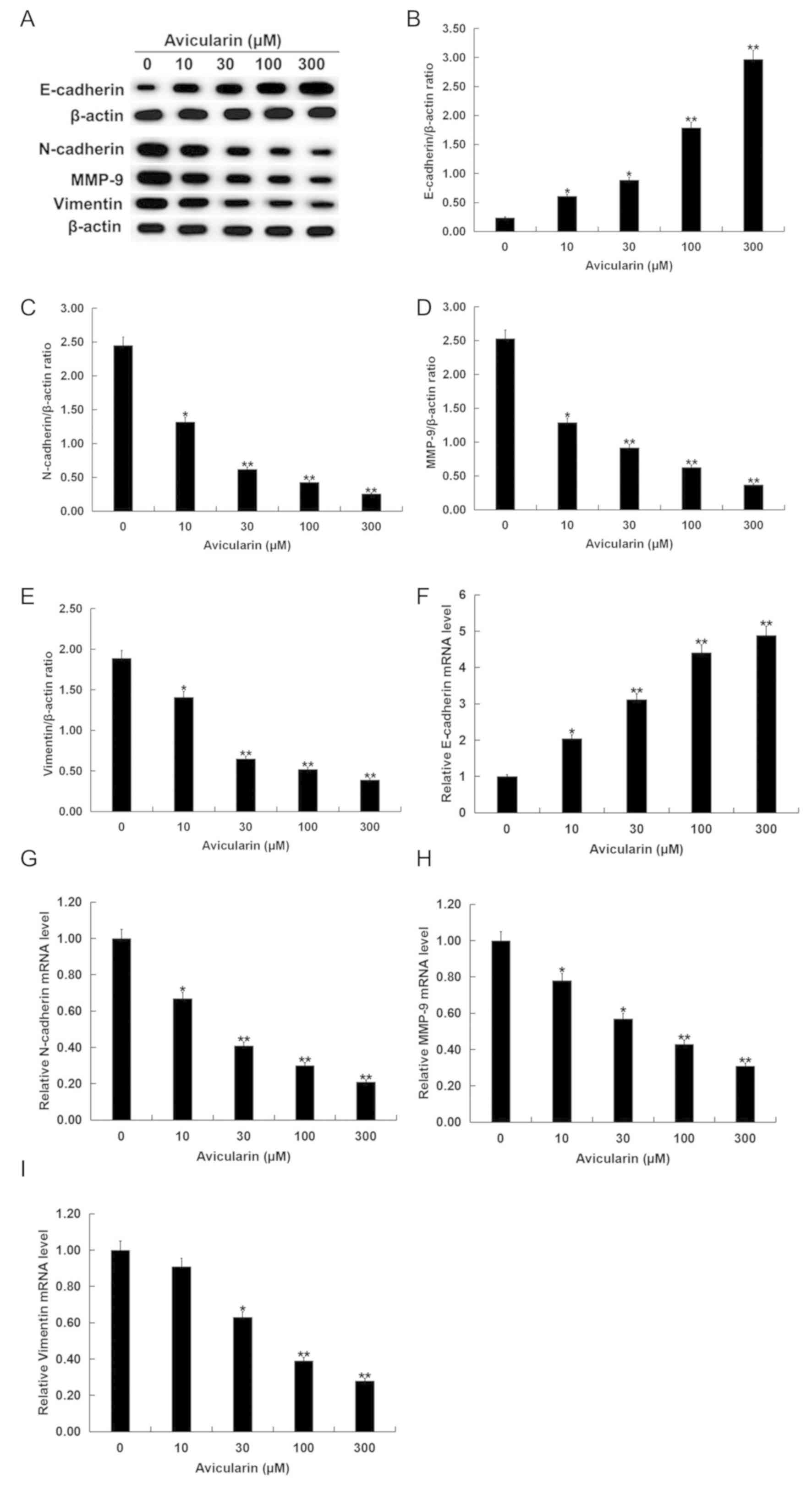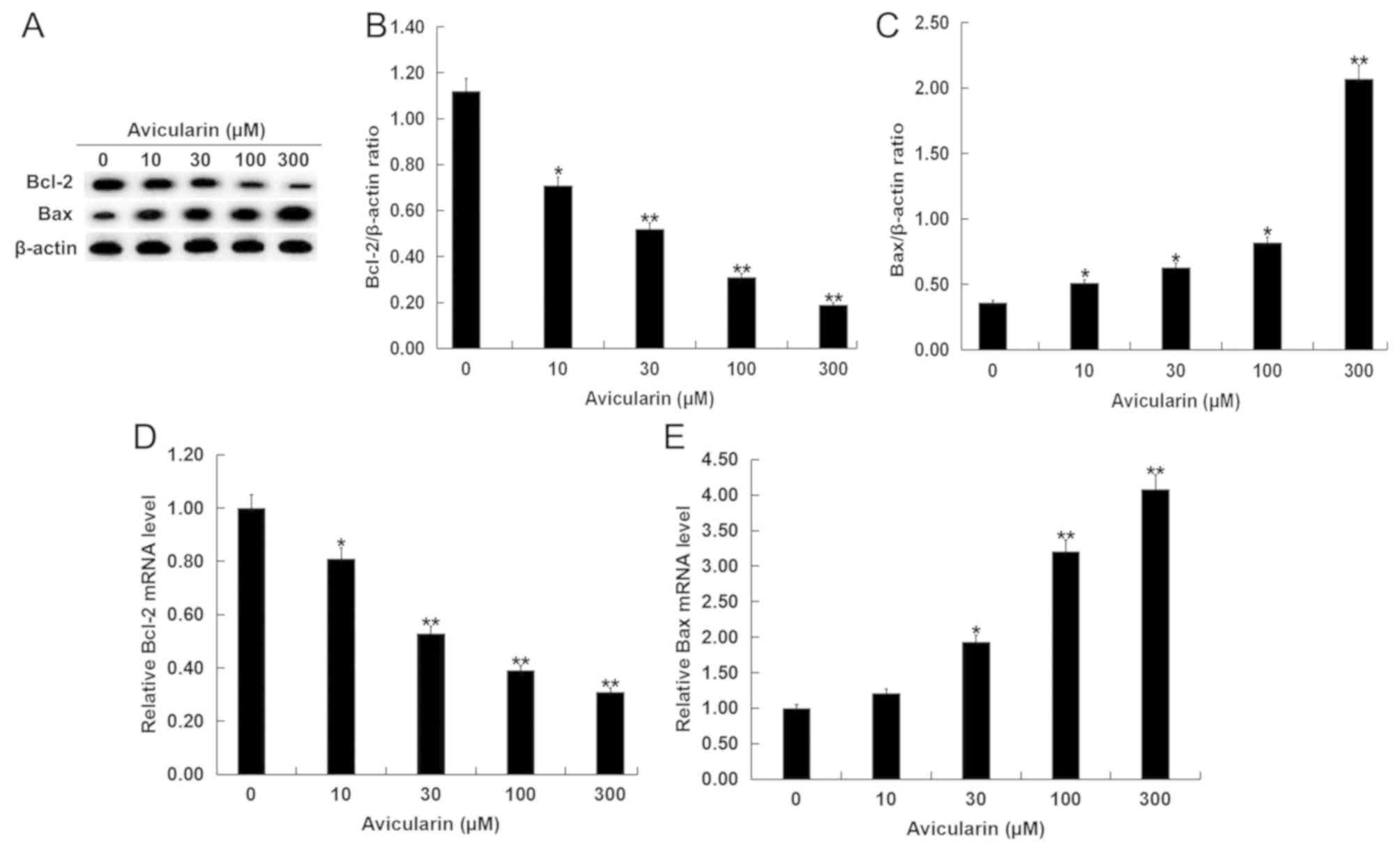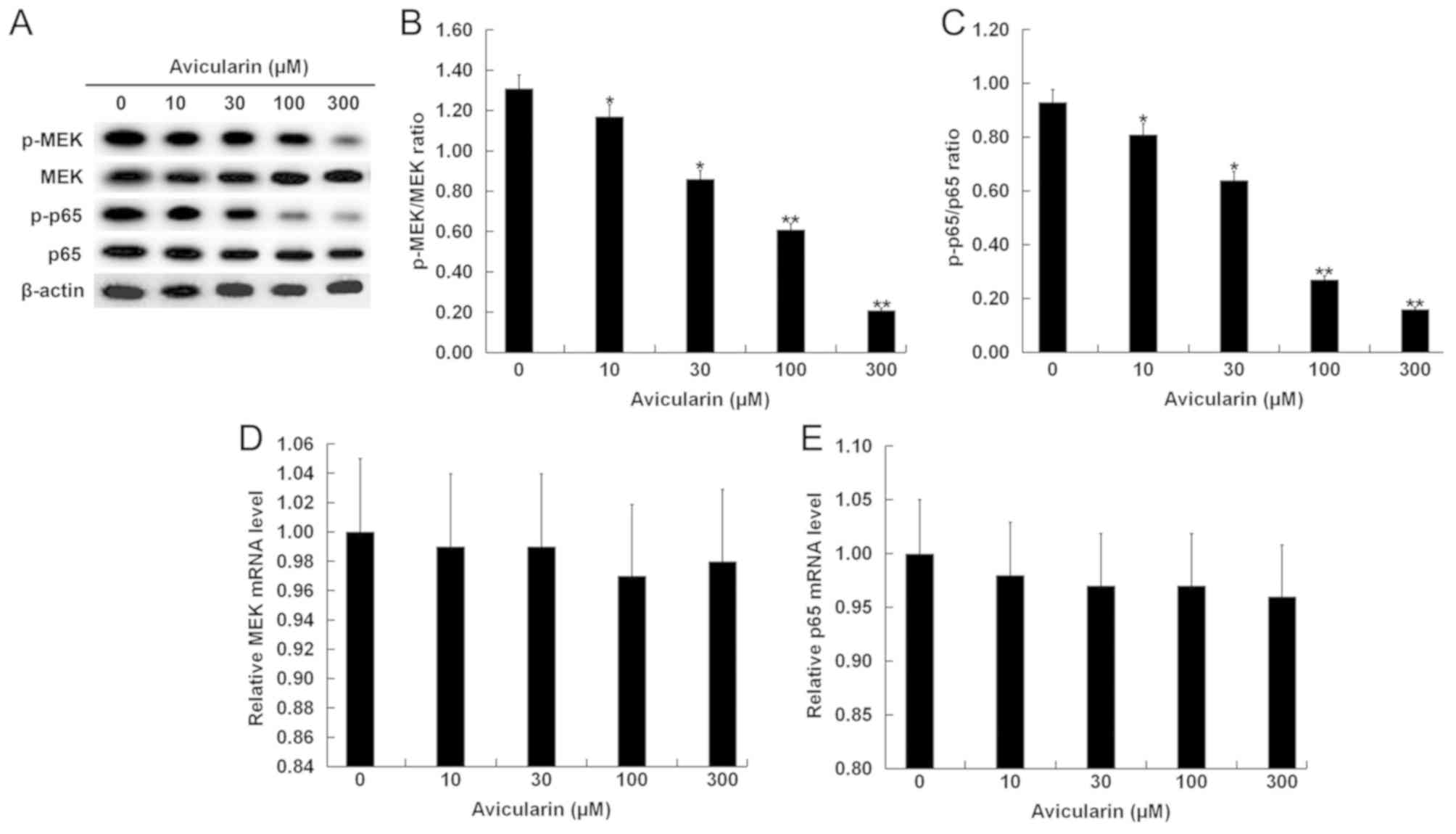|
1
|
McGuire JF, Ge NN and Dyson S: Nonmelanoma
skin cancer of the head and neck I: Histopathology and clinical
behavior. Am J Otolaryngol-Head Neck Med Surg. 30:121–133.
2009.
|
|
2
|
Martinez JC and Cook JL: High-risk
cutaneous squamous cell carcinoma without palpable lymphadenopathy:
Is there a therapeutic role for elective neck dissection? Dermatol
Surg. 33:410–420. 2007. View Article : Google Scholar : PubMed/NCBI
|
|
3
|
Weinberg AS, Ogle CA and Shim EK:
Metastatic cutaneous squamous cell carcinoma: An update. Dermatol
Surg. 33:885–899. 2007. View Article : Google Scholar : PubMed/NCBI
|
|
4
|
Venables ZC, Nijsten T, Wong KF, Autier P,
Broggio J, Deas A, Harwood CA, Hollestein LM, Langan SM, Morgan E,
et al: Epidemiology of basal and cutaneous squamous cell carcinoma
in the U.K. 2013–15: A cohort study. Br J Dermatol. 181:474–482.
2019. View Article : Google Scholar : PubMed/NCBI
|
|
5
|
Trakatelli M, Ulrich C, Del Marmol V,
Euvrard S, Stockfleth E and Abeni D: Epidemiology of nonmelanoma
skin cancer (NMSC) in Europe: Accurate and comparable data are
needed for effective public health monitoring and interventions. Br
J Dermatol. 156:1–7. 2007. View Article : Google Scholar : PubMed/NCBI
|
|
6
|
Alam M and Ratner D: Cutaneous
squamous-cell carcinoma. N Engl J Med. 344:975–983. 2001.
View Article : Google Scholar : PubMed/NCBI
|
|
7
|
Langer CJ: Targeted therapy in head and
neck cancer: State of the art 2007 and review of clinical
applications. Cancer. 112:2635–2645. 2008. View Article : Google Scholar : PubMed/NCBI
|
|
8
|
Argiris A, Karamouzis MV, Raben D and
Ferris RL: Head and neck cancer. Lancet. 371:1695–1709. 2008.
View Article : Google Scholar : PubMed/NCBI
|
|
9
|
Trodello C, Pepper JP, Wong M and Wysong
A: Cisplatin and cetuximab treatment for metastatic cutaneous
squamous cell carcinoma: A systematic review. Dermatol Surg.
43:40–49. 2017. View Article : Google Scholar : PubMed/NCBI
|
|
10
|
Yang L, Wu S, Zhang Q, Liu F and Wu P:
23,24-Dihydrocucurbitacin B induces G2/M cell-cycle arrest and
mitochondria dependent apoptosis in human breast cancer cells
(Bcap37). Cancer Lett. 256:267–278. 2007. View Article : Google Scholar : PubMed/NCBI
|
|
11
|
Buqui GA, Gouvea DR, Sy SK, Voelkner A,
Singh RS, da Silva DB, Kimura E, Derendorf H, Lopes NP and Diniz A:
Pharmacokinetic evaluation of avicularin using a model-based
development approach. Planta Med. 81:373–381. 2015. View Article : Google Scholar : PubMed/NCBI
|
|
12
|
Fujimori K and Shibano M: Avicularin: A
plant flavonoid, suppresses lipid accumulation through repression
of C/EBPα-activated GLUT4-mediated glucose uptake in 3T3-L1 cells.
J Agric Food Chem. 6:5139–5147. 2013. View Article : Google Scholar
|
|
13
|
Vo VA, Lee JW, Chang JE, Kim JY, Kim NH,
Lee HJ, Kim SS, Chun W and Kwon YS: Avicularin inhibits
lipopolysaccharide-induced inflammatory response by suppressing ERK
phosphorylation in RAW 264.7 macrophages. Biomol Ther. 20:5322012.
View Article : Google Scholar
|
|
14
|
Zhang WM, Li RF, Sun M, Hu DM, Qiu JF and
Yan YH: UPLC-MS/MS method for determination of avicularin in rat
plasma and its application to a pharmacokinetic study. J Chromatogr
B Analyt Technol Biomed Life Sci. 965:107–111. 2014. View Article : Google Scholar : PubMed/NCBI
|
|
15
|
Zhu X, Ouyang W, Miao J, Xiong P, Feng K,
Li M, Cao Y and Xiao H: Dietary avicularin alleviated type 2
diabetes in mice. FASEB J. 31:46–47. 2017.
|
|
16
|
Srivastava S, Somasagara RR, Hegde M,
Nishana M, Tadi SK, Srivastava M, Choudhary B and Raghavan SC:
Quercetin, a natural flavonoid interacts with DNA, arrests cell
cycle and causes tumor regression by activating mitochondrial
pathway of apoptosis. Sci Rep. 6:240492016. View Article : Google Scholar : PubMed/NCBI
|
|
17
|
Wang W, Zheng H, Zheng M, Liu X and Yu J:
Protective effect of avicularin on rheumatoid arthritis and its
associated mechanisms. Exp Ther Med. 16:5343–5349. 2018.PubMed/NCBI
|
|
18
|
Ghasemzadeh A and Ghasemzadeh N:
Flavonoids and phenolic acids: Role and biochemical activity in
plants and human. J Med Plants Res. 5:6697–6703. 2011.
|
|
19
|
Livak KJ and Schmittgen TD: Analysis of
relative gene expression data using real-time quantitative PCR and
the 2(-Delta Delta C(T)) method. Methods. 25:402–408. 2001.
View Article : Google Scholar : PubMed/NCBI
|
|
20
|
Schenk RL, Strasser A and Dewson G: BCL-2:
Long and winding path from discovery to therapeutic target. Biochem
Biophys Res Commun. 482:459–469. 2017. View Article : Google Scholar : PubMed/NCBI
|
|
21
|
Sharififar F, Dehghn-Nudeh G and
Mirtajaldini M: Major flavonoids with antioxidant activity from
Teucrium polium L. Food Chem. 112:885–888. 2009. View Article : Google Scholar
|
|
22
|
Panche AN, Diwan AD and Chandra SR:
Flavonoids: An overview. J Nutr Sci. 5:e472016. View Article : Google Scholar : PubMed/NCBI
|
|
23
|
Suematsu N, Hosoda M and Fujimori K:
Protective effects of quercetin against hydrogen peroxide-induced
apoptosis in human neuronal SH-SY5Y cells. Neurosci Lett.
504:223–227. 2011. View Article : Google Scholar : PubMed/NCBI
|
|
24
|
Ahn J, Lee H, Kim S, Park J and Ha T: The
anti-obesity effect of quercetin is mediated by the AMPK and MAPK
signaling pathways. Biochem Biophys Res Commun. 373:545–549. 2008.
View Article : Google Scholar : PubMed/NCBI
|
|
25
|
Cotter TG: Apoptosis and cancer: The
genesis of a research field. Cancer. 9:501–507. 2009.PubMed/NCBI
|
|
26
|
Wong RS: Apoptosis in cancer: From
pathogenesis to treatment. J Exp Clin Cancer Res. 30:872011.
View Article : Google Scholar : PubMed/NCBI
|
|
27
|
Kim H, Tu HC, Ren D, Takeuchi O, Jeffers
JR, Zambetti GP, Hsieh JJ and Cheng EH: Stepwise activation of BAX
and BAK by tBID, BIM, and PUMA initiates mitochondrial apoptosis.
Mol Cell. 36:487–499. 2009. View Article : Google Scholar : PubMed/NCBI
|
|
28
|
Leverson JD, Phillips DC, Mitten MJ,
Boghaert ER, Diaz D, Tahir SK, Belmont LD, Nimmer P, Xiao Y, Ma XM,
et al: Exploiting selective BCL-2 family inhibitors to dissect cell
survival dependencies and define improved strategies for cancer
therapy. Sci Transl Med. 7:279ra402015. View Article : Google Scholar : PubMed/NCBI
|
|
29
|
Han L, Zhang EB, Yin DD, Kong R, Xu TP,
Chen WM, Xia R, Shu YQ and De W: Low expression of long noncoding
RNA PANDAR predicts a poor prognosis of non-small cell lung cancer
and affects cell apoptosis by regulating Bcl-2. Cell Death Dis.
6:e16652015. View Article : Google Scholar : PubMed/NCBI
|
|
30
|
van der Noord VE, McLaughlin RP, Smid M,
Foekens JA, Martens JWM, Zhang Y and van de Water B: An increased
cell cycle gene network determines MEK and Akt inhibitor double
resistance in triple-negative breast cancer. Sci Rep. 9:133082019.
View Article : Google Scholar : PubMed/NCBI
|
|
31
|
Lawrence T: The nuclear factor NF-kappaB
pathway in inflammation. Cold Spring Harb Perspect Biol.
1:a0016512009. View Article : Google Scholar : PubMed/NCBI
|















